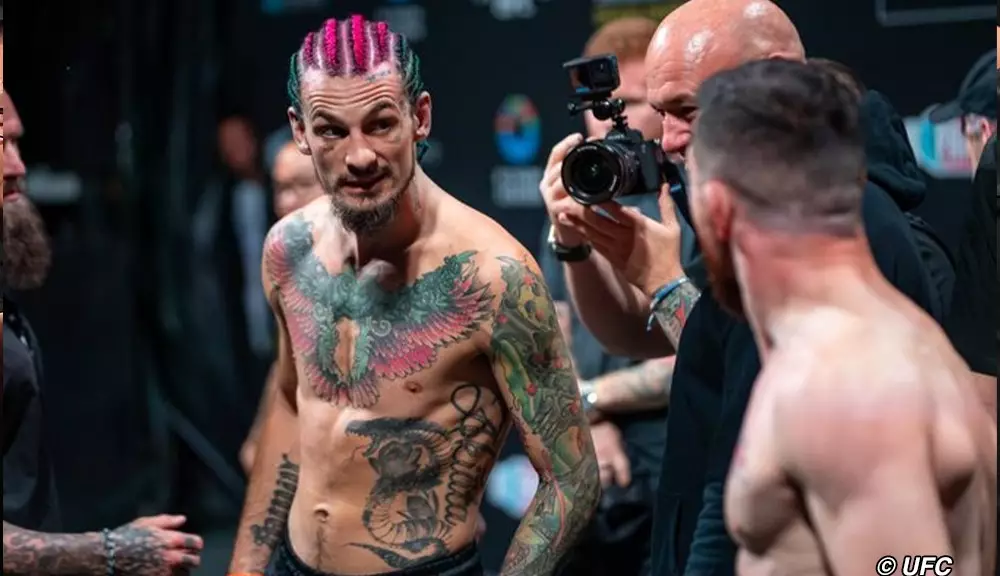In the volatile world of mixed martial arts (MMA), timing can be everything. As Sean O’Malley prepares to face Merab Dvalishvili again on June 7 for UFC 316 at Prudential Center in Newark, New Jersey, considerable skepticism surrounds this decision. The recent opinions of former UFC star Ben Askren highlight the inherent risks associated with rushing into a rematch soon after a defeat. O’Malley, who holds an MMA record of 18 wins and 2 losses (10-2 in the UFC), previously lost his bantamweight title to Dvalishvili at UFC 306 via a decisive unanimous decision. It seems counterintuitive to jump straight back into the ring with a fighter who has already proven their supremacy, and Askren’s critique reflects a broader concern regarding O’Malley’s path forward.
The Perils of Stagnation in Rankings
Askren, in his candid analysis on his “Funky and the Champ” podcast, suggests that O’Malley would have benefited more from facing lower-ranked opponents before seeking a rematch with Dvalishvili. This strategic delay could have provided O’Malley a platform to rebuild his image and regain lost momentum. Fighting against opponents who are less adept at wrestling may have allowed him to showcase his striking prowess and reestablish himself as a thrilling contender in the bantamweight division. Askren’s observations underscore a crucial MMA principle: fighters must navigate their careers carefully to maintain relevance while climbing through the ranks.
The Shadow of Recent Defeats
From a psychological aspect, the weight of a recent loss can alter perceptions and performance levels. Askren’s point about O’Malley losing “a whole bunch of attraction” if he suffers another defeat to Dvalishvili is poignant. Fans might quickly tire of narratives where champions dominate their challengers, leading to questions about O’Malley’s viability in future championship pursuits. If O’Malley is unable to close the gap this time around, the implications could jeopardize both his career trajectory and appeal.
Rehabilitation and Athletic Growth
Interestingly, O’Malley has been focusing on his physical rehabilitation after undergoing surgery for a torn labrum in his hip. Aside from recovery, as Askren noted, it would have been prudent for O’Malley to spend additional training time improving his wrestling skills. While O’Malley’s striking capabilities remain formidable and dynamic, the unpredictable nature of Dvalishvili’s grappling and relentless pace has already proven challenging. For fighters who rely heavily on striking, the ability to counter wrestling tactics becomes indispensable, particularly when contending with a champion proficient in this area.
The Fans’ Perspective and the Future
Finally, the question remains of how fans will perceive this rematch. As implemented by Askren, the skepticism is notable: “Hey, we just saw this; it wasn’t competitive.” If O’Malley’s strategy fails to resonate with audiences, the UFC may have difficulties in marketing future encounters for him. MMA fans demand intrigue, and the rehashing of a one-sided matchup could diminish investment in O’Malley’s journey. More than a personal battle, this rematch underscores the broader strategic considerations that permeate the sport. The choices made now will not only define O’Malley’s career but also shape the dynamics of the bantamweight division moving forward.

